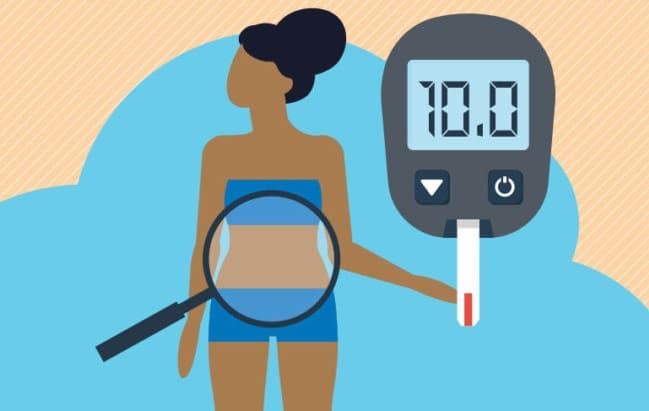There are a lot of diseases known today that are being linked and associated with diabetes, and one of them is PCOS or polycystic ovary syndrome. What is the connection between these two illnesses? In what way are they related? Read on to learn more.
PCOS (Polycystic Ovary Syndrome)
This disease refers to the hormonal problem or condition involving women of different age brackets. While most of the cases involving PCOS are women who are in their 40s, younger females can also acquire the said condition, most importantly if diabetes diagnosis is also existent.
PCOS is a disorder that obstructs a female’s endocrine system. During this phenomenon, her androgen levels drastically surge to a higher state. It causes infertility and irregular periods. There is no concrete evidence as to how this condition happens. What experts believe so is that it can be deeply associated with diabetes and heart disease.
Diabetes Mellitus
Since diabetes is believed to have played a crucial part for women with PCOS, treating it could be one of the best approaches to mitigate the effects of polycystic ovary syndrome. As you’ve already known, diabetes is a type of disease that can go severe and chronic. That means that the condition can become worse and existent in the body for a long time.
When someone is diagnosed with diabetes, the body becomes incapable of producing or using enough insulin. It can lead to heart disease, kidney damage, and loss of vision. The condition is also identified through its major types, such as type 1, type 2, and gestational diabetes. And since the mentioned condition is linked with PCOS, those who have been diagnosed with type 2 diabetes are those who are truly affected by the hormonal syndrome.
Symptoms
The symptoms of PCOS are as follows:
- Acne
- Unexplained gain of weight
- Obesity
- Irregular menstruation
- Too much hair growth
Note that women who are obese are more likely to experience the most severe symptoms of PCOS. If these happen to you, contact your healthcare professional immediately.
The symptoms of diabetes are as follows:
- Extreme thirst and hunger
- Blurry vision
- Wounds that heal very slowly
- Tingling sensation on the feet
- Frequent urination
- Headache
- Dizziness
Note that some of these symptoms can go severe if there is no treatment provided. As diabetes can cause different complications, immediate medical care should be administered.
What’s the connection?
There is no concrete explanation why PCOS and type 2 diabetes are linked. However, scientists and medical experts have come up with different factors that may help why these two conditions are largely associated. Some of these factors include:
- Weight
- Family history
- Insulin resistance
These factors are believed to have been greatly associated with PCOS and type 2 diabetes as they are also the main causes of why the said diseases happen. For example, with genes, any member of the family who has diabetes can cause other members to be diagnosed also. It is the same thing with PCOS. Moreover, insulin resistance is also critical as it can cause overweight, which can also lead to PCOS.
Getting tested for the mentioned conditions can help in knowing your status. If a positive result comes out, immediate treatment should be administered to avoid further medical complications.


